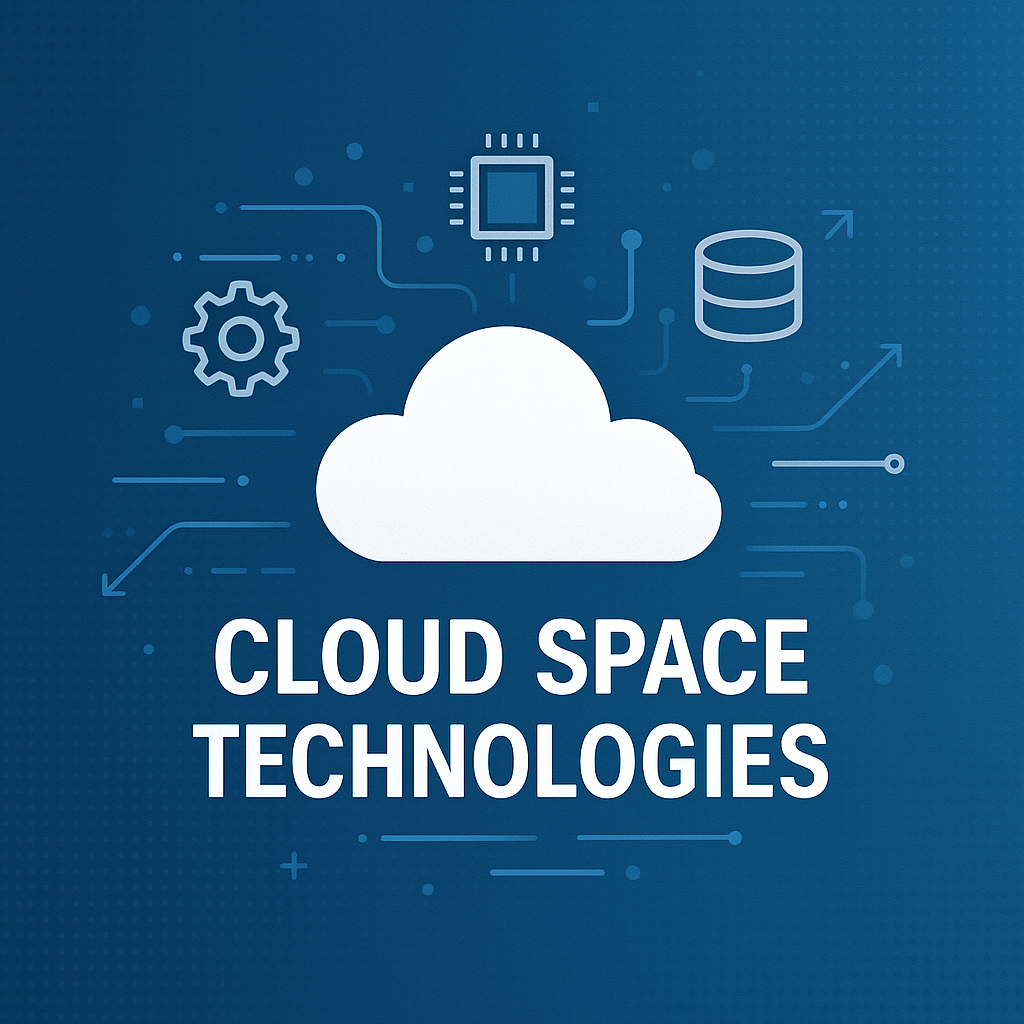Introduction
The illinois institute of technology smart grids (IIT) has long been recognized as a leader in technological innovation and education. Among its many research initiatives, the development and implementation of smart grids stand out as transformative contributions to the energy sector. Smart grids represent the future of energy distribution, offering solutions to modern challenges like energy efficiency, renewable integration, and system reliability.
This blog delves into the Illinois Institute of Technology’s pioneering role in smart grid technology. We’ll explore what smart grids are, why they matter, and how IIT’s research and initiatives are shaping the future of sustainable energy systems.
What Are Smart Grids?
A smart grid is an advanced energy system that integrates digital technology with traditional electrical grids. Unlike conventional grids, which rely on one-way communication, smart grids employ two-way communication systems, advanced sensors, and automated controls to optimize energy distribution and consumption.
Key features of smart grids include:
- Real-Time Monitoring: Continuous data collection to track energy flow and identify issues.
- Energy Efficiency: Optimizing electricity use to reduce waste and costs.
- Renewable Integration: Seamless incorporation of renewable energy sources like solar and wind.
- Reliability and Resilience: Enhanced system reliability, reducing outages and recovering faster from disruptions.
These innovations make smart grids an essential tool for addressing the challenges posed by increasing energy demand and climate change.
Illinois Institute of Technology’s Role in Smart Grid Research
The Illinois Institute of Technology has established itself as a trailblazer in smart grid research through its Galvin Center for Electricity Innovation. This center serves as a hub for groundbreaking studies and real-world applications, making IIT a global leader in this field.
- The Perfect Power System IIT’s campus is home to the Perfect Power System, a pioneering smart grid project designed to achieve:
- Zero Outages: Ensuring uninterrupted power supply.Energy Efficiency: Reducing energy consumption through advanced technologies.Sustainability: Incorporating renewable energy sources to minimize environmental impact.
- Collaboration with Industry and Government IIT collaborates with major energy companies, policymakers, and international organizations to advance smart grid technology. These partnerships help bridge the gap between research and practical applications, ensuring innovations are accessible and scalable.
Benefits of Smart Grids
Smart grids offer numerous advantages that extend beyond energy efficiency. Here are some key benefits:
- Enhanced Reliability Traditional grids are vulnerable to outages, especially during extreme weather conditions. Smart grids’ real-time monitoring and automated controls enhance system reliability, ensuring a consistent power supply.
- Cost Savings By optimizing energy distribution and reducing waste, smart grids lower costs for utilities and consumers alike. Advanced metering infrastructure allows users to monitor and manage their energy consumption, leading to significant savings.
- Environmental Impact The integration of renewable energy sources into smart grids reduces reliance on fossil fuels, significantly lowering greenhouse gas emissions.
- Empowered Consumers Smart grids enable consumers to play an active role in energy management. Features like time-of-use pricing and smart appliances allow users to make informed decisions about their energy consumption.
Smart Grid Applications and Real-World Impact
The Illinois Institute of Technology’s smart grid initiatives have real-world implications for various sectors:
- Urban Energy Systems IIT’s research supports the development of urban energy systems that are efficient and resilient. Smart grids in cities can optimize electricity distribution, reduce outages, and support electric vehicle charging infrastructure.
- Renewable Energy Integration By integrating solar panels and wind turbines into the grid, IIT demonstrates how smart grids can accommodate fluctuating energy supplies while maintaining stability.
- Disaster Management Smart grids enhance disaster resilience by quickly identifying and isolating affected areas during outages, ensuring faster recovery.
Challenges in Smart Grid Implementation
While smart grids offer numerous benefits, their implementation comes with challenges:
- High Initial Costs The deployment of smart grid infrastructure requires significant investment in technology, training, and system upgrades.
- Cybersecurity Risks Increased connectivity exposes smart grids to potential cyberattacks, necessitating robust security measures.
- Regulatory and Policy Barriers Inconsistent regulations and policies across regions can hinder the widespread adoption of smart grids.
Despite these challenges, institutions like IIT are working tirelessly to address these issues through innovative research and policy advocacy.
The Future of Smart Grids
The future of smart grids is promising, with advancements in artificial intelligence (AI), machine learning, and IoT (Internet of Things) driving innovation. IIT’s research is at the forefront of these developments, focusing on:
- AI-Driven Energy Management Utilizing AI to predict energy demand and optimize grid performance.
- Microgrids Developing self-sustaining microgrids that can operate independently or connect to larger grids for enhanced resilience.
- Decentralized Energy Systems Promoting decentralized systems that empower local communities to generate and manage their energy.
Conclusion
The Illinois Institute of Technology’s contributions to smart grid technology are paving the way for a sustainable and efficient energy future. By addressing modern energy challenges through innovation and collaboration, IIT is setting a global standard for smart grid development.
As energy demands grow and environmental concerns intensify, smart grids will play a crucial role in transforming how we produce, distribute, and consume electricity. With institutions like IIT leading the charge, the transition to smarter, more sustainable energy systems is not just a possibility but an imminent reality.







Leave a Reply